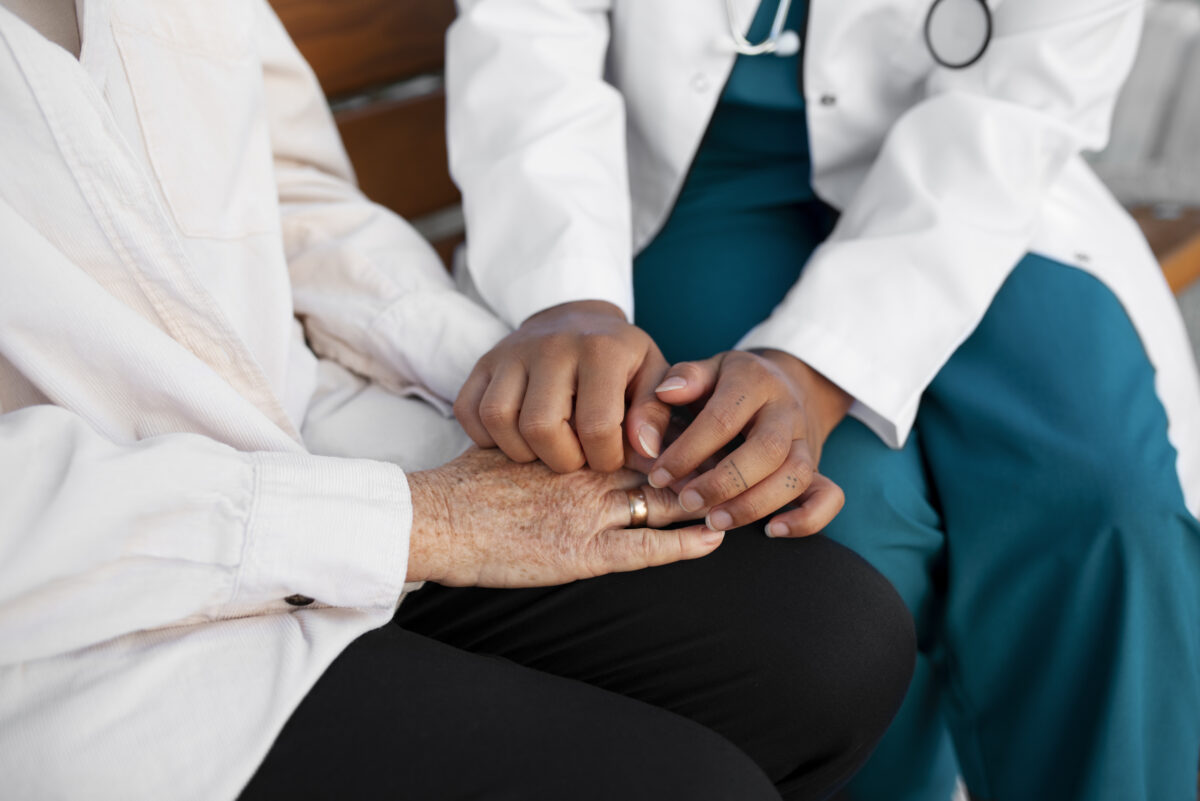199 positions are announced by the ARS PACA for 245 requested. The mayor of Nice urgently requests the Ministries of Health and Higher Education to reconsider the insufficient number of positions allocated to his subdivision.
“Protecting the health of citizens is above all about training future professionals in sufficient numbers,” begins Christian Estrosi. In a letter sent this Wednesday, April 19, the mayor of Nice expresses “his utmost concern” to François Braun, Minister of Solidarity and Health, and Sylvie Retailleau, Minister of Higher Education and Research.
The University of Nice Côte d’Azur requested 245 positions for the year 2024. The Regional Health Agency PACA announced on April 13 that it would grant the right to train 199 interns. A request reduced by 20% that “is unacceptable” for the city’s chief magistrate. 199 positions would not be sufficient to support all the hospitals concerned: Cannes, Antibes, Grasse, Menton, Draguignan, Fréjus, and Corsica.
“The National Observatory of the Demographics of Health Professions must take into account the age of established practitioners, their medical care activity, and their participation in continuous care. This must be done in full consultation with the territories that are perfectly aware of the needs.”
Christian Estrosi, mayor of Nice and president of the Nice Côte d’Azur Metropolis
According to Christian Estrosi, the demographic situation is an essential criterion to consider in the distribution calculations. His territory consists of a rapidly increasing elderly population whose healthcare consumption is significant. This issue is compounded by doctors on the brink of retirement waiting for replacements. “More than half of the doctors in our area are between 60 and 74 years old,” he mentions.
A contested territorial distribution
The Nice mayor regrets that Nice, the 5th largest city in France, has the possibility to train fewer interns than Dijon with its 158,000 inhabitants or even Poitiers with its 89,000 inhabitants. Both of these cities have the right to train 261 interns. The distribution between Marseille and Nice is also a point of contention.
“I urgently request that the number of interns proposed by our University Côte d’Azur be considered, which is 245 for the year 2024, and that the balance be reviewed between our two major metropolises, Nice and Marseille for the years to come.” The city of Marseille is allocated more than 70% of the region’s interns.
Christian Estrosi is not making his first attempt. Already last July, he had sought to appeal to the ministries, having obtained 171 positions in the Official Journal. “No response or arguments were given to us in return. I hope to be heard today to continue providing our citizens with quality healthcare,” he concludes.


